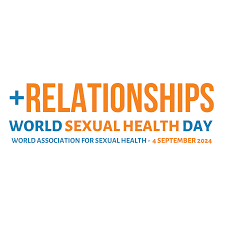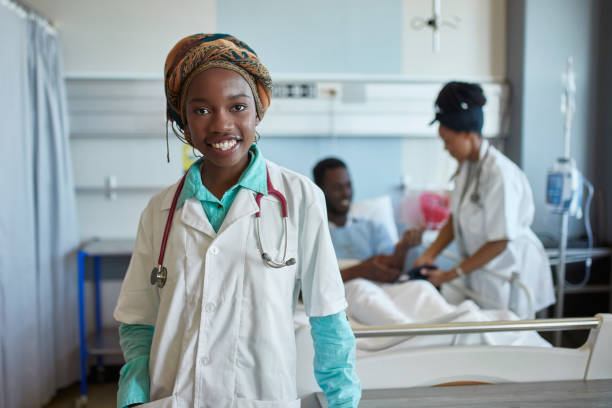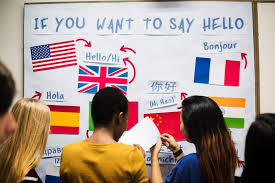On World Sexual Health Day this September 4, 2024, we celebrate the progress Kenya has made in opening up discussions about sexual health—a topic that was once quite taboo. This year’s theme, Relationships, reminds us of the importance of fostering positive and respectful connections for overall well-being.
For many years, talking about sexual health in Kenya was met with silence and resistance, leading to misinformation and higher rates of unintended pregnancies and STIs. Thankfully, recent efforts from NGOs and youth advocates are helping to change that.
Policy Developments and Education Initiatives
The Kenyan government recognizes the need for comprehensive sexuality education (CSE) as part of public health. New initiatives aim to include sexuality education in schools, empowering young people to make informed choices. However, challenges remain: the 2022 Kenya Demographic and Health Survey showed that many adolescents still lack knowledge about HIV prevention, highlighting the need for better education.
While policies are in place, their implementation often falls short due to inadequate teacher training and cultural hesitance to discuss sensitive topics.
Cultural Shifts: Engaging Communities
One positive trend is the increasing involvement of community leaders in promoting sexual health education. By using culturally sensitive methods, they help dispel myths and reduce stigma. Digital platforms and social media are also playing a key role in spreading information, making it easier for young people to access relevant content.
Youth Advocacy: A Driving Force for Change
Young people in Kenya are becoming more vocal about their sexual health rights. Youth-led organizations are pushing for better education and access to reproductive health services. Their activism is reshaping the conversation around sexual health, making it more open and less stigmatized.
Looking Ahead: The Future of Sexual Health Education
While we’ve made strides, there’s still work to be done. The need for comprehensive sexuality education is especially urgent in rural areas where access to information is limited. Continued advocacy for supportive policies and educator training is crucial.
Need advice on sexual health? Call 1196, our toll-free hotline, and speak directly with experts who are here to help. Whether you’re a teen or a young adult, this resource is designed with you in mind. Let’s make sure this line is always busy—your health matters!




















+ There are no comments
Add yours